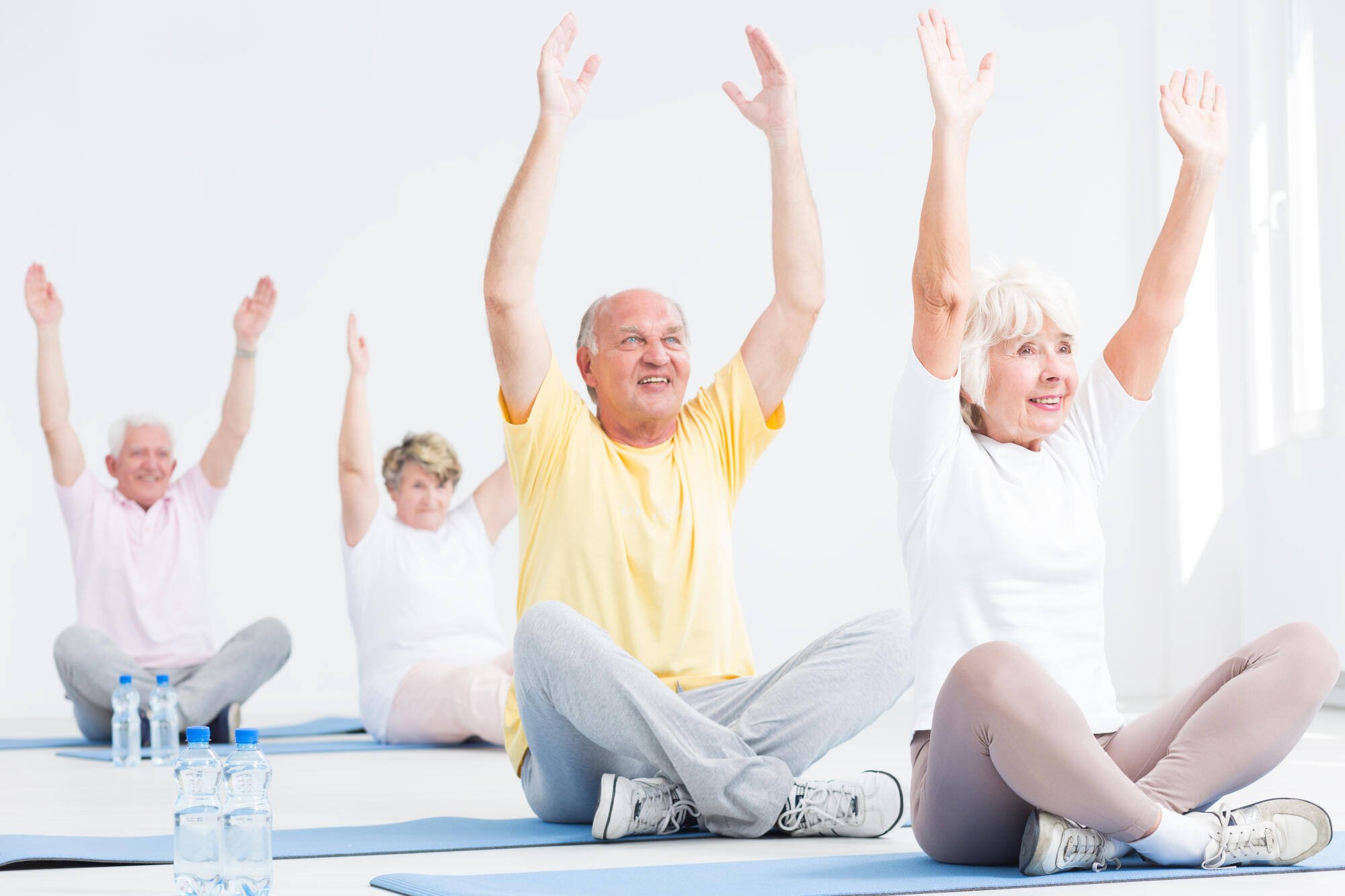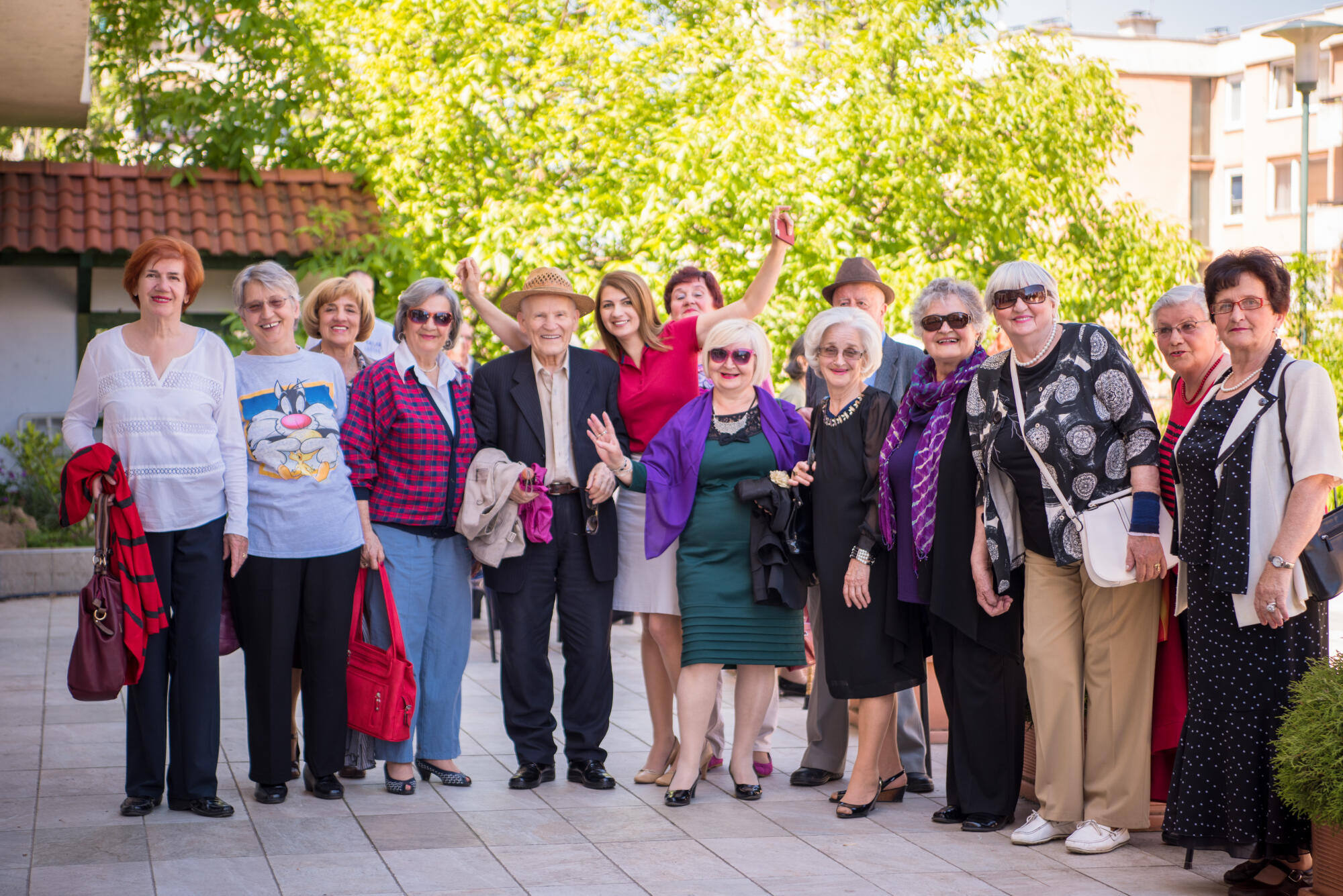The Role of Educational Activities for Seniors in Assisted Living Communities

In a cozy corner of LakeHouse Coldwater Assisted Living, 82-year-old Marion beams excitedly as she finishes her first painting in decades. Once a passionate artist, she set aside her brushes years ago, but thanks to education activities for seniors in assisted living, Marion has rediscovered her love for creating art.
This heartwarming scene is just one of many unfolding in communities prioritizing ongoing education for their residents.
As we age, our thirst for knowledge doesn't wane; it becomes a vital part of our well-being. That's why it's crucial to seek out an assisted living community that emphasizes not just care but also the educational benefits for seniors. These programs enrich lives, foster social connections, and improve cognitive function.
Are you curious to learn more about how educational activities can transform the lives of seniors? Keep reading to discover the profound impact these programs can have and why they should be a top priority in any assisted living community.
The Importance of Educational Activities for Seniors in Assisted Living
Educational activities for seniors in assisted living are very important. When seniors engage in learning, they enjoy many educational benefits for seniors that improve their overall well-being. Here are some benefits of senior education.
Benefit One: Mental Stimulation
Education provides a valuable mental workout for seniors. By engaging in continuous learning, seniors keep their minds active, helping reduce the risk of cognitive decline, including conditions like:
- Dementia
- Alzheimer's
Educational activities for seniors, such as learning new languages, taking up new hobbies, or solving puzzles, can stimulate brain function. This mental exercise helps maintain sharpness and improve memory.
Benefit Two: Emotional Well-Being
Learning new things boosts emotional well-being. When seniors master a new skill or subject, they often experience increased self-esteem and a sense of accomplishment.
This positive reinforcement is essential for mental health as it combats feelings of worthlessness and depression. Senior engagement in educational programs can also provide a sense of purpose, making them feel more valued and fulfilled daily.
Benefit Three: The Importance of Social Interaction
Educational activities offer excellent opportunities for social interaction. Seniors can meet new people and make friends through classes and group projects.
This social connection is vital for combating loneliness and isolation. Activities for seniors like book clubs, art clubs, or group learning sessions foster a sense of community by providing a platform for seniors to share experiences and support each other.
Benefit Four: The Impact on Physical Health
Education indirectly benefits physical health in seniors. After all, an active mind leads to an active body. When seniors feel mentally and emotionally well, they're more likely to engage in physical activities such as walking or participating in exercise classes.
Types of Educational Activities for Seniors
Here, we explore different educational activities that can be part of assisted living programs. These activities help promote senior engagement and lifelong learning.
Educational Workshops and Seminars
Some assisted living programs offer a wide variety of workshops and seminars. These events can:
- Teach new skills
- Provide valuable information
- Keep seniors mentally active
Guest speakers often come to share their expertise on different topics. For instance, a local historian might talk about the town's history.
Health experts can discuss wellness tips and ways to maintain a healthy lifestyle. These sessions help keep residents informed and engaged with the community.
Technology Classes
Learning new technologies can significantly benefit seniors. Some assisted living programs provide technology classes to help residents connect with family and friends. They can learn how to use:
- Smartphones
- Tablets
- Social media platforms like Facebook and Instagram
Additionally, video calling apps such as Skype and Zoom become more accessible. This knowledge helps reduce feelings of isolation and allows seniors to share special moments with loved ones, no matter how far away they live.
Art and Music Classes
As we saw with Marion, engaging in the arts offers both therapeutic and expressive benefits. Art and music classes in assisted living programs allow seniors to explore their creativity. Painting, drawing, and crafting can improve hand-eye coordination and cognitive function.
Music classes can lift spirits and provide emotional relief, whether learning an instrument or singing in a choir. These activities also encourage senior engagement, fostering a sense of community and connection among residents.
Lifelong Learning Programs
Some assisted living programs partner with local colleges or offer online courses. These lifelong learning programs provide continuous education opportunities. Seniors can take classes in interesting subjects, from history to literature to science. These programs:
- Keep the mind sharp
- Satisfy the natural curiosity of lifelong learners
Some residents may even pursue new hobbies or skills based on their learning. This type of senior engagement ensures that residents remain active participants in their own growth and education.
Cooking Classes
Cooking classes in assisted living communities allow residents to learn new recipes, which can spark joy and creativity and helps them stay active in the kitchen, keeping their minds shart and hands busy.
These classes also provide a sense of accomplishment when residents prepare a delicious dish. Cooking together fosters social connections, reducing feelings of loneliness. Residents can share their favorite recipes and learn from others, making the experience rich and diverse.
Staying active in the kitchen can also aid with motor skills. Chopping vegetables, stirring sauces, and measuring ingredients all require coordination. This kind of activity can help maintain or even improve fine motor skills.
Additionally, cooking classes can teach residents about nutrition. They learn how to prepare healthy meals, which can improve their overall well-being.
The Adventure of Learning Never Ends
Integrating activities for seniors in assisted living communities isn't merely beneficial- it's transformative. By prioritizing lifelong learning, assisted living communities can truly become vibrant hubs of growth, connection, and fulfillment for their residents.
Discover the exceptional quality of care at LakeHouse Coldwater. Our trained staff provides personalized support, ensuring comfort and a sense of belonging. Residents thrive with engaging social events, activities, and comprehensive personal care services.
Enjoy privacy in our spacious apartments, plus beautiful outdoor spaces. Contact us today to learn more about our commitment to high-quality senior care and vibrant community life.
Topics Covered
Related Posts
According to USAging, one in five Americans aged 65 and older no longer drive, making transportation a significant concern for this age group. How do seniors maintain their independence when mobility becomes a challenge?
Read more
Did you know that according to the CDC, around one million older adults are hospitalized annually due to falls and that maintaining mobility can significantly reduce this risk? Including mobility exercises for seniors in their daily routine helps improve joint health and circulation, enhancing overall well-being. Seniors who engage in regular mobility exercises can:
Read more
Strong social connections are vital for maintaining mental and physical health in seniors. Engaging in social activities can enhance emotional well-being and senior wellness. Socialization isn't just good for entertainment, it can also lead to a longer life.
Read more
